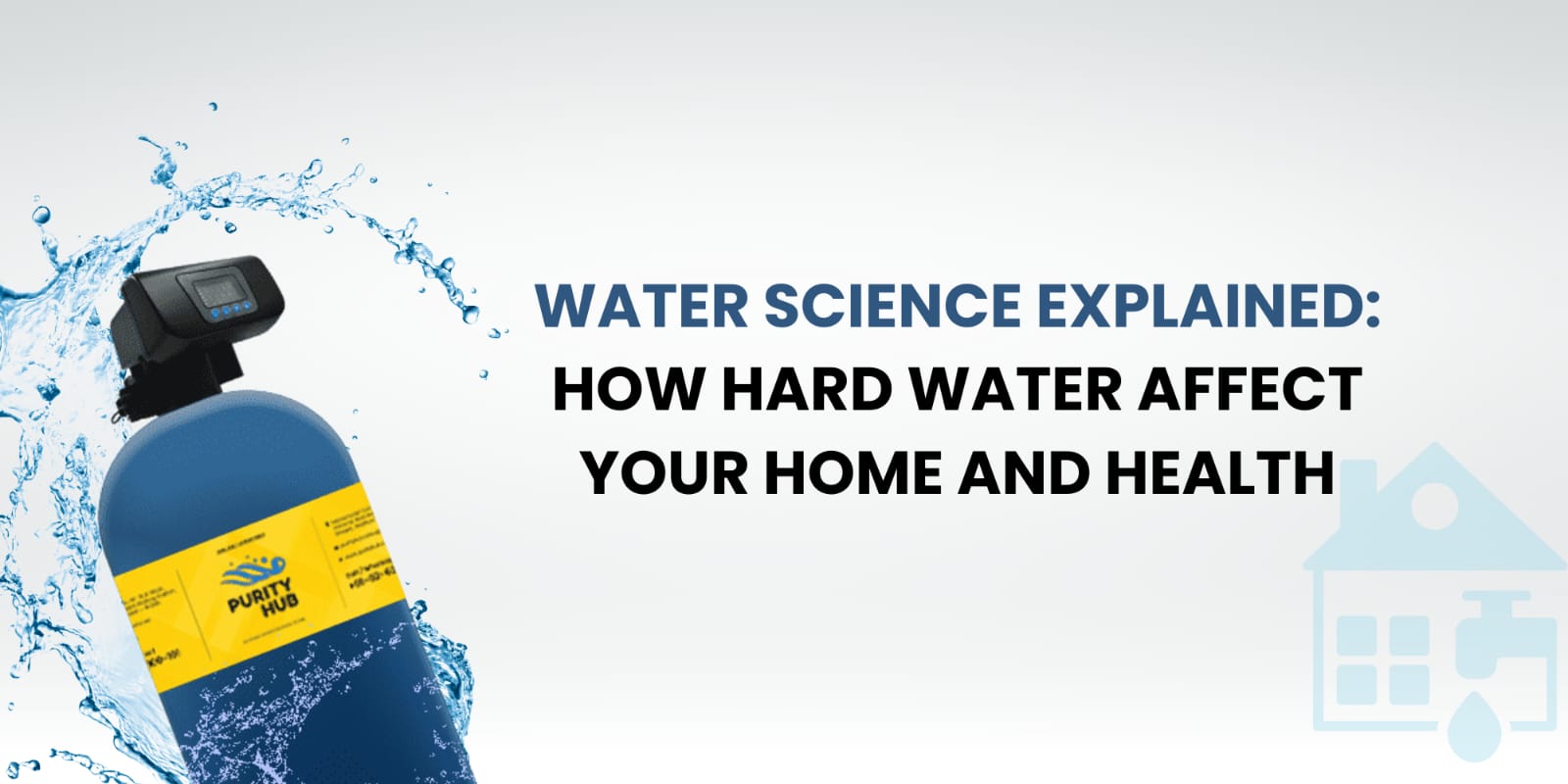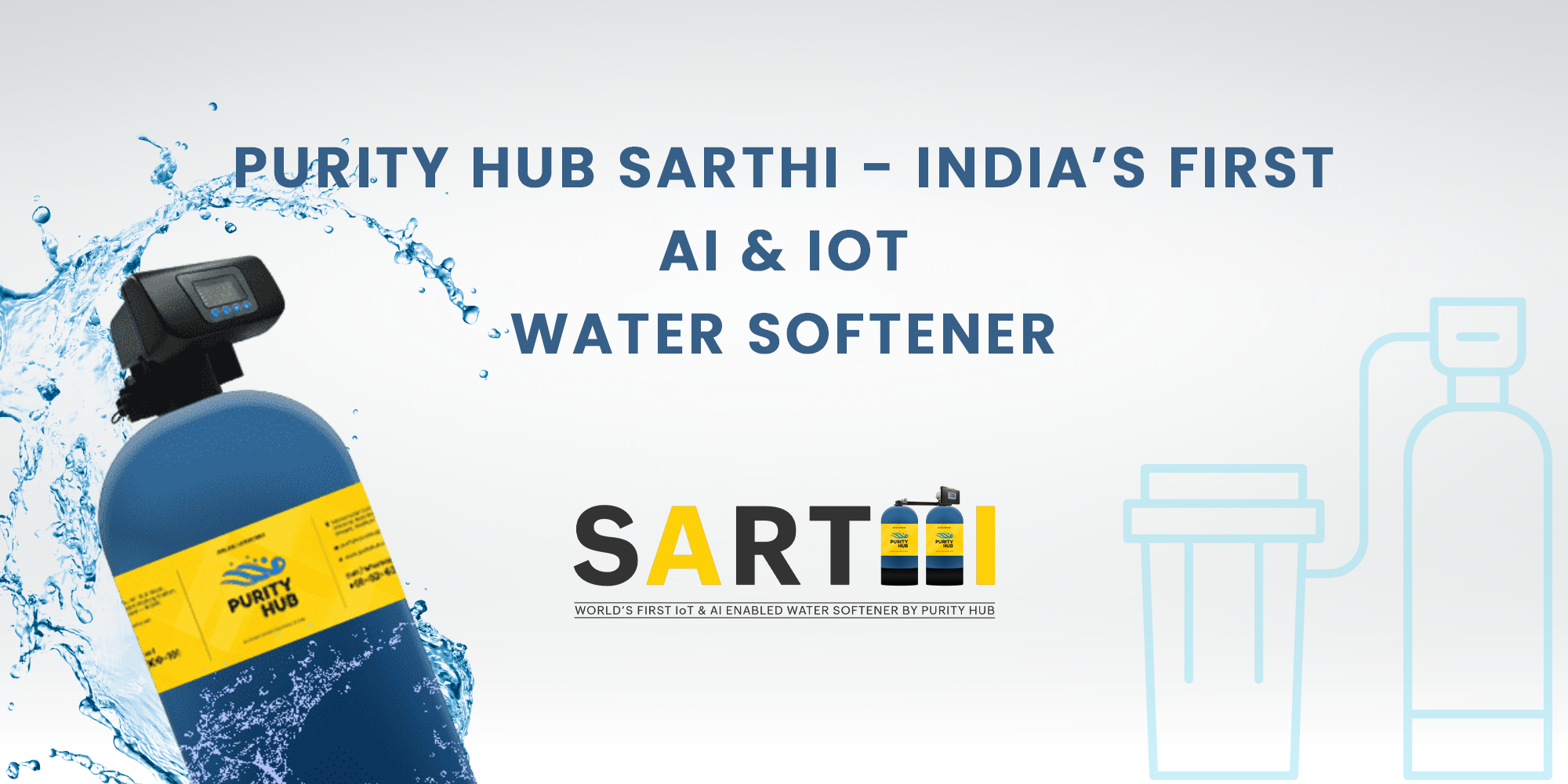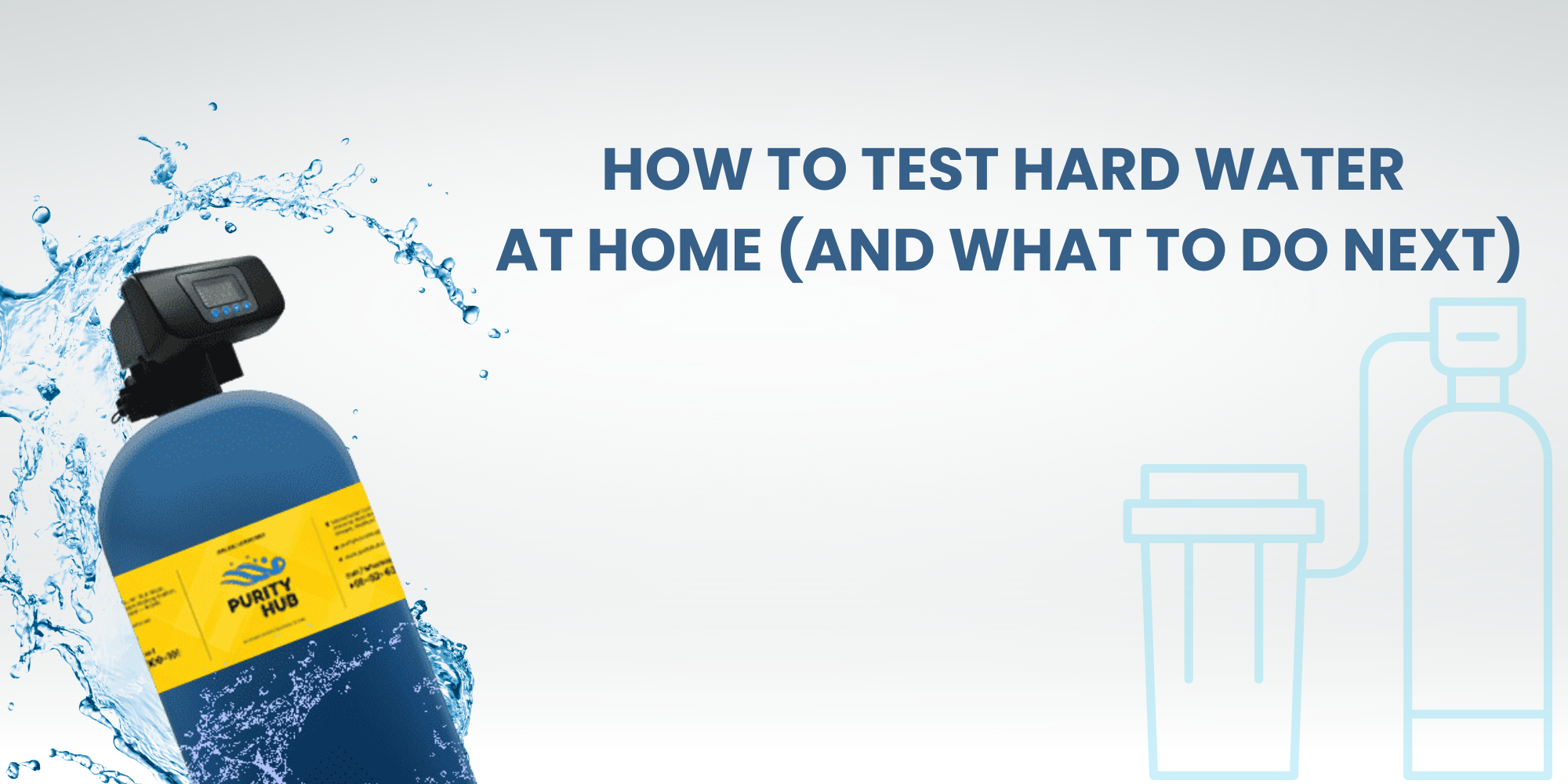
Summary:
Hard water, rich in minerals like calcium and magnesium, affects both your home and health. It leads to limescale buildup in appliances, reducing their efficiency and lifespan, while also causing skin dryness and hair damage. Understanding the science behind hard water helps in choosing the right hard water softener or whole home water filter to prevent these issues. Water softening solutions, such as ion exchange softeners and salt-free conditioners, ensure your household enjoys cleaner water, longer-lasting appliances, and healthier skin and hair. This blog explores the importance of hard water treatment and how to choose the best solution for your home.
Water is an essential part of our daily lives, but not all water is the same. Some households experience hard water, a condition where water contains high levels of dissolved minerals like calcium and magnesium. While hard water may seem harmless, it can have significant consequences on your home’s appliances, plumbing system, skin, and hair. In this blog, we will break down the science of hard water, its effects, and how hard water treatment through water softening can improve your home and health.
Understanding the Science of Hard Water
Water becomes hard when it flows through underground rocks and soil, picking up minerals along the way. These minerals, mainly calcium and magnesium, contribute to water hardness. The degree of hardness is measured in grains per gallon (GPG) or parts per million (PPM).
Soft water: 0-3.5 GPG
Moderately hard water: 3.5-7 GPG
Hard water: 7-10.5 GPG
Very hard water: 10.5+ GPG
Hard water is not dangerous to drink, but it causes household inconveniences and health-related issues, making hard water softeners a necessity in many homes.
Effects of Hard Water on Your Home
1. Limescale Buildup in Appliances and Pipes
When hard water is heated, minerals crystallize and form limescale deposits inside appliances like water heaters, kettles, and dishwashers. Over time, this buildup:
✔ Reduces water flow in pipes
✔ Lowers the efficiency of water heaters, leading to higher energy bills
✔ Shortens the lifespan of home appliances
2. Stains and Soap Scum on Surfaces
Hard water reacts with soap to create soap scum, leaving white spots on sinks, glassware, and bathroom tiles. This makes cleaning more difficult and requires additional scrubbing or special cleaners.
3. Increased Detergent Usage
Since hard water prevents soap from lathering properly, you may find yourself using more detergent for laundry, dishwashing, and bathing. This increases household expenses while reducing cleaning efficiency.
How Hard Water Affects Your Health
1. Dry Skin and Irritated Scalp
The minerals in hard water strip away the natural oils from your skin, leading to dryness, itchiness, and irritation. Many people with sensitive skin experience worsened eczema or psoriasis due to prolonged exposure to hard water.
2. Hair Damage and Dullness
Hard water can make hair feel rough, dry, and brittle by leaving mineral deposits on the scalp and hair strands. This buildup:
✔ Makes hair harder to manage
✔ Reduces the effectiveness of shampoos and conditioners
✔ Can cause hair thinning over time
3. Potential Digestive Issues
While most people can safely drink hard water, excessive mineral intake may lead to kidney stones in some individuals, especially those prone to calcium buildup in the body.
Solutions: How to Treat Hard Water in Your Home
To combat the negative effects of hard water, homeowners can install water softening systems that remove excess minerals and improve water quality.
1. Ion Exchange Water Softeners
This is the most common hard water softener system. It works by replacing calcium and magnesium ions with sodium or potassium, effectively softening water before it reaches your faucets.
✔ Best for whole-home water softening
✔ Reduces limescale buildup in pipes and appliances
✔ Improves skin and hair health
2. Salt-Free Water Conditioners
Unlike traditional softeners, salt-free conditioners don’t remove minerals but prevent them from sticking to surfaces. These systems use a crystallization process to neutralize hard water effects.
✔ Ideal for people on a low-sodium diet
✔ Eco-friendly and requires no electricity or salt
✔ Suitable for moderate hard water levels
3. Whole Home Water Filters
A whole home water filter removes impurities, chlorine, and heavy metals in addition to softening water. These systems provide better-tasting water while protecting plumbing and appliances.
✔ Filters out contaminants along with minerals
✔ Great for homes with both hard water and poor water quality
✔ Requires minimal maintenance
Choosing the Right Hard Water Solution
When selecting a hard water treatment system, consider the following factors:
✅ Water Hardness Level – Get a professional test or use a home testing kit to determine hardness.
✅ Household Size & Water Usage – Larger homes may need higher-capacity water softeners.
✅ Budget & Maintenance Requirements – Ion-exchange softeners require regular salt refills, while salt-free conditioners need less maintenance.
✅ Additional Filtration Needs – If you’re concerned about contaminants, a whole home water filter may be a better choice.
Conclusion: Why Water Softening Matters
Hard water affects more than just your plumbing—it impacts your home’s efficiency, your skin, and your overall well-being. Investing in a hard water softener or whole home water filter ensures cleaner water, prolongs appliance life, and improves skin and hair health. Whether you opt for ion exchange softeners or salt-free conditioners, treating hard water is an essential step toward a healthier home.
💧 Is hard water affecting your home? Consider installing a water softener today and experience the difference! 💧



